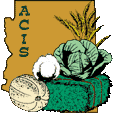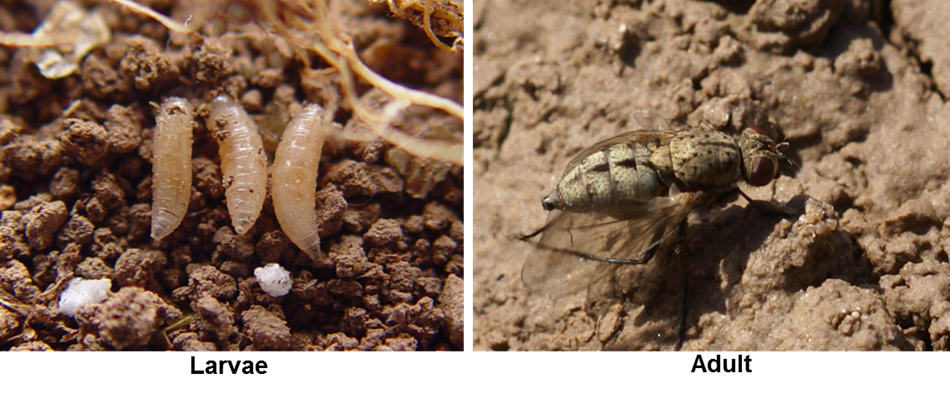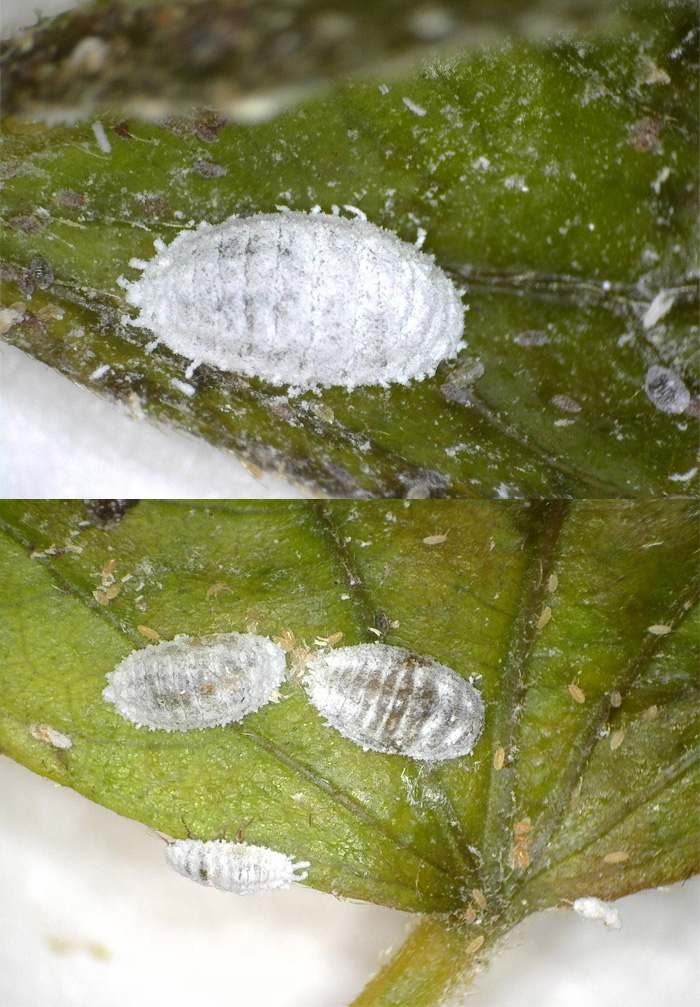
|
|
|
|

|
|||
|
|
|||
As spring melon beds are being prepared for planting, PCAs should start considering the threat of seed corn maggots on early-planted melons. It is always best to avoid problems with this pest as you plan ahead for spring planting. Seed corn maggots are always a concern for melon crops planted from Jan-Mar, and are most prevalent under cool, wet weather; ideal conditions for infestations. Seed corn maggots can cause significant stand reductions in spring melons and other large seeded crops (e.g., cotton, corn, and safflower) due to the maggots feeding on germinating seed, roots and stems of young seedlings and transplants. If larvae populations are high in the soil, replanting parts or all of an infested field is often necessary. Not only is this an inconvenience to the grower, but replanting is expensive and can disrupt harvest schedules. Unfortunately, once maggots have been found infesting the soil during stand establishment, there is usually nothing you can do. Thus, avoidance of the problem is the most effective way of preventing stand reductions. First, weather plays a major role in determining the damage potential for seed corn maggot. Melon stands are more susceptible to seed corn maggot during wet, cool spring weather in which seed germination is slowed or delayed. Given the wet weather we had in January, growers should anticipate at least some wet and cool days during stand establishment. These conditions give seed corn maggots a chance to develop in the soil and attack the seeds before they can emerge. But I’ve also observed seed corn maggots take down melon plants under warm dry conditions when fly populations were high. Secondly, our cropping system plays a key role. Melon crops following produce, are the most often attacked because seed corn maggot adults are attracted to freshly tilled fields with high levels of decomposing organic matter and will readily lay eggs in the soil. This includes heavy plant residue remaining after harvest of the previous lettuce or cole crop, as well as applications of composted manure prior to planting. Growers would be encouraged to delay planting melons into fields under these conditions. However, if growers decide to plant in these conditions, then it would be wise to use a preventative insecticide applied at planting to minimize the impact from seed corn maggot and give seedlings a fighting chance. A few alternatives are available that have shown activity against seed corn maggot and may be practical for their management in spring melons. For more information, visit Seed Corn Maggot on Spring Melons 2017. As Benjamin Franklin used to say “An ounce of prevention is worth a pound of cure”. |
|||
| Back | |||
|
For questions or comments on any of the topics please contact Marco Pena at the Yuma Agricultural Center.
|
|||
|
Home |
Cotton | Veggies |
Forages | Grains
| Citrus |
Crop x Crop Insects | Diseases| Weeds | Pesticides | Economics | News | Weather | Research | Photos | Contacts | General Info. Copyright © 2001 University of Arizona, College of Agriculture and Life Sciences Webmaster: Al Fournier (acis@ag.arizona.edu) |
|||


